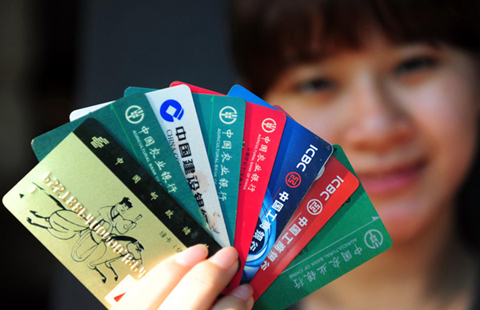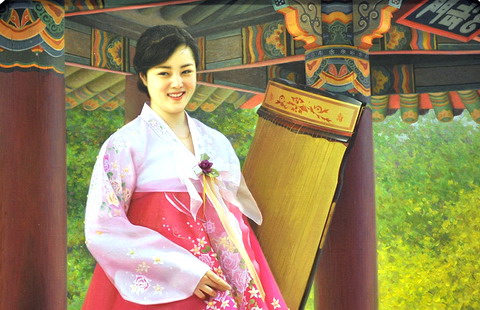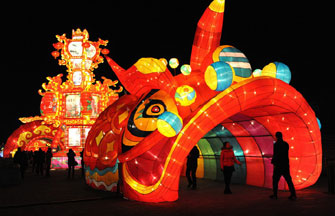China's soft power promotes international understanding
Updated: 2015-02-09 20:01
By Cecily Liu(chinadaily.com.cn)
|
||||||||
China's practice of soft power internationally is aimed to better facilitate the understanding between itself and the world, rather than imposing its own opinions onto other nations, experts say.
They say that China's soft power is practiced through cultural, educational and other exchanges, to help the country gain international understanding so that it can grow, strengthen and internationalize in a harmonious way.
The topic of China's soft power was discussed on Saturday at this year's LSE SU China Development Forum, which is organized by the China Development Society of London School of Economic and Political Science's student union.
The concept of soft power was developed by Joseph Nye of Harvard University to describe the ability to attract and co-opt rather than coerce, use force or give money as a means of persuasion.
But soft power for China is not aimed at coercion, but promoting cultural understanding, says Luo Lisheng, former vice dean of the School of Humanities and Social Sciences at Tsinghua University in Beijing.
"China should have nothing to do with cultural interference, or cultural invasion. China is a big developing country, and its rich culture and long history should be known to the world," says Luo, who is also the China director of the Confucius Institute for Business London, located at LSE.
Luo says that some conflicts or troubles in the world today are caused by misunderstandings, but these conflicts may not have happened if different nations understood each other better.
"China really needs a peaceful and harmonious society to develop its economy and realize the Chinese dream. My understanding is that Chinese people live a peaceful life, we have no cultural interference to other cultures. This can be regarded as the purpose of Chinese soft power," he says.
Cao Yunhua, Dean of School of International Studies, at Jinan University, says that China should develop its own unique method of promoting soft power abroad, because its state of economic development is different from that of Western countries.
"US soft power happens at a time when its hard power is reducing, so its soft power is something that allows the US to be number one without being the economic super power.
"For China, it's different. China wants to develop peacefully to become a major country. It is not trying to be the leading economic or political power. But our image is not so good, we are seen as the new money, a fast emerging rich power, but we want to change this image," Cao says.
Cao says China should focus on improving the allocation of its soft power resources, so instead of focusing so much on projecting a certain image of itself abroad, it should focus on further enhancing its harmonious society at home.
"So if we improve soft power overseas, we need to improve what's happening in China. We need to allow the people in China to feel safe, to feel proud of themselves," Cao says.
Internationally, Cao says the correct way to showcase Chinese culture is to exhibit a true image of China as opposed to a selective image of China.
"We can't just rely on Chinese food and Peking opera. We need to show the world some of China's vulnerable sides, for example, allowing others to see how our rural villages are developing," Cao says.
Goran Malmqvist, Emeritus Professor of Sinology at Stockholm University, says a key aspect of Chinese culture is Chinese literature, which can play an important role in helping the world better understand China.
Malmqvist says great Chinese literature has been developing alongside Western literature but has not yet received the recognition it deserves in the world literary canon, and this could be changed through more and better translation of Chinese works into other languages.
"I've often been asked by students as to when will Chinese literature catch up with world literature, and this makes me very sad, because thousands of years ago China has reached such height at a time when the Western world couldn't spell the word literature," he says.
The solution is for the Chinese government to invest in more translations of great Chinese works into foreign languages, and to encourage publishers to publish these works.
Cao adds that the growing Chinese diaspora overseas also play an important role in promoting Chinese soft power as they are an image of China that foreigners can directly associate with.
For example, the growing number of Chinese students overseas is an important part of this soft power communication. "Chinese students represent an image of China, as other students look at you and see what you are doing."
"China's development of soft power is very important overseas. As China becomes a global power, China's international image can improve and China's soft power will one day proportional to its global influence," Cao says.

 Sam Smith triumphs with four Grammy wins
Sam Smith triumphs with four Grammy wins
 Top 10 ways to spend your year-end bonuses
Top 10 ways to spend your year-end bonuses
 Paintings by DPRK's Mansudae Art Studio debut in Shenyang
Paintings by DPRK's Mansudae Art Studio debut in Shenyang
 2015 Xi'an Lunar New Year Lantern Shows kick off
2015 Xi'an Lunar New Year Lantern Shows kick off
 More than 60 int'l students participate in charity bazaar in Hangzhou
More than 60 int'l students participate in charity bazaar in Hangzhou
 Crouching Tiger actress says yes to proposal: media
Crouching Tiger actress says yes to proposal: media
 Frozen Hukou Waterfall
Frozen Hukou Waterfall
 It's bikini time in winter
It's bikini time in winter
Most Viewed
Editor's Picks

|

|

|

|

|

|
Today's Top News
Xi plans to make state visit to US
Trade numbers take big hit in January
US pledges to develop constructive relationship with China
Venezuela's economic woes to continue: Panel
Democratic effort to define Jeb Bush starts with Mitt Romney
China seeks compensation from Mexico after high-speed project suspended
China to build two nuclear power plants in Argentina
Search continues for 3 missing in TransAsia crash
US Weekly

|

|








